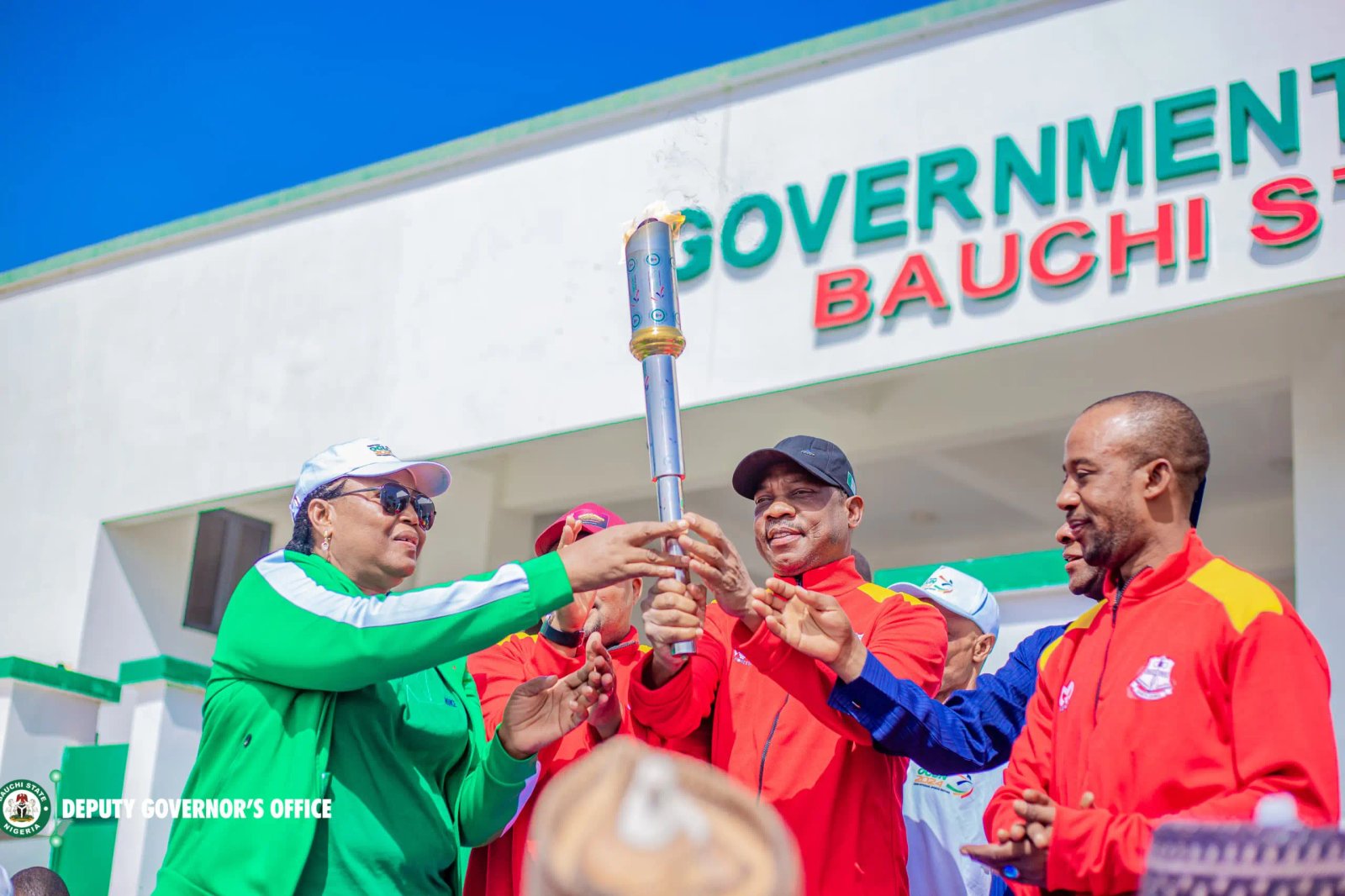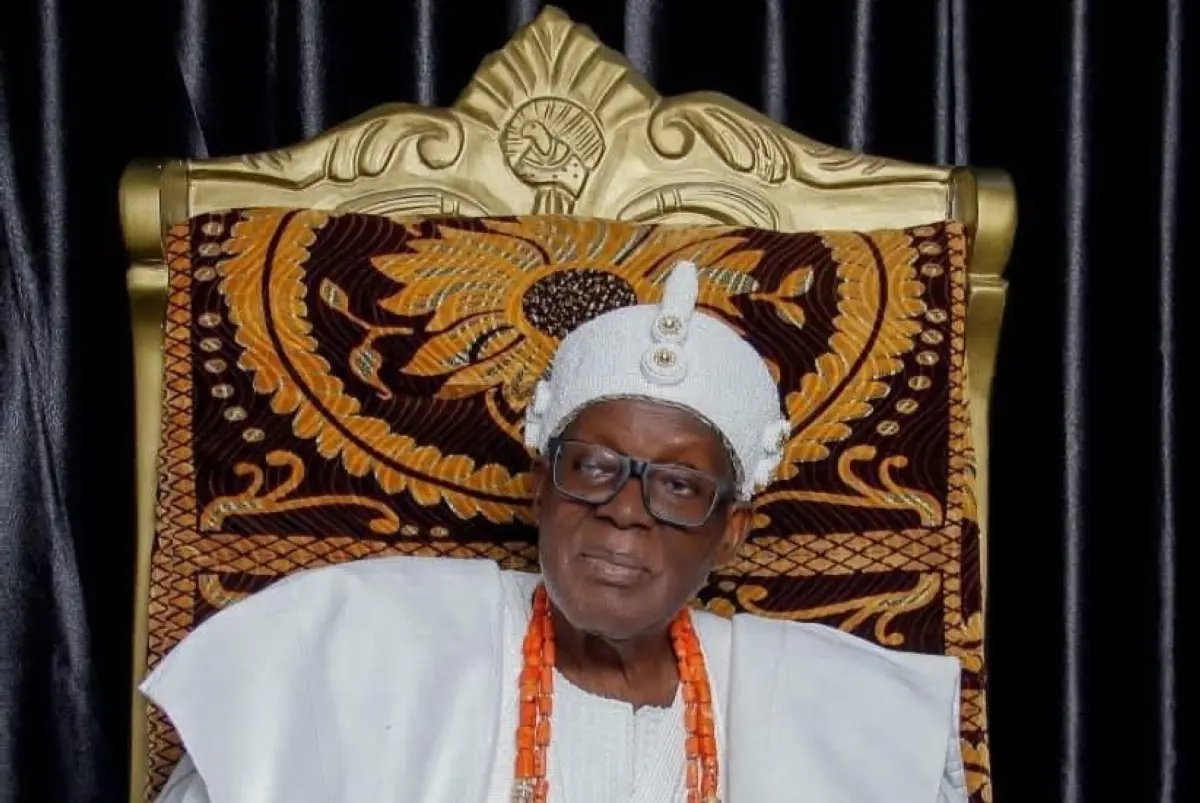Two years into a presidency born in the eye of a storm, President Bola Ahmed Tinubu stepped before the nation not to boast, but to reflect — candidly, defiantly, and with a tone of tempered triumph. His anniversary address was less a celebration than a reckoning: with the painful choices made, the promises unfolding, and the future still being forged. From sweeping reforms that dismantled decades-old economic crutches to ambitious blueprints for a more self-reliant, inclusive Nigeria, Tinubu’s message was clear — the road has been rough, but the destination remains unchanged. Here are five defining takeaways from a speech that tried not only to justify the past, but to rally the nation toward what lies ahead. 1. Tinubu Stands by Tough Economic Reforms President Tinubu reaffirmed his administration’s commitment to the bold economic reforms introduced early in his tenure, notably the removal of fuel subsidies and the unification of foreign exchange rates. While these moves triggered inflation and hardship, Tinubu maintained they were necessary to avoid a more profound fiscal crisis. He said Nigeria has now begun reaping benefits: inflation is easing, food prices are stabilising, and fuel supply security is improving due to local refining. 2. Fiscal Discipline and Debt Management Are Taking Root A core message in Tinubu’s speech was the government’s improved fiscal health. He highlighted that Nigeria’s fiscal deficit had dropped from 5.4% of GDP in 2023 to 3.0% in 2024. The country also paid off IMF debts and increased external reserves from $4 billion in 2023 to over $23 billion by the end of 2024. The President credited better revenue collection, the end of Ways & Means financing, and more transparent governance as catalysts for this turnaround. 3. Major Progress in Tax Reforms and Revenue Generation The Tinubu administration’s tax reform agenda is yielding results. The tax-to-GDP ratio rose from 10% to 13.5% in just one year. He announced exemptions from VAT on essential goods and services like food, education, public transport, rent, and renewable energy. Additionally, he unveiled plans for a Tax Ombudsman to protect small businesses and low-income earners, underscoring his commitment to a fairer and more inclusive tax regime. 4. Infrastructure, Health, and Education Are Undergoing Overhauls From major road construction across the country to revitalising over 1,000 Primary Health Centres and expanding health insurance coverage, Tinubu highlighted ambitious public sector investments. He revealed that over 4,000 free C-sections have been provided under the Presidential Maternal Health Initiative and that three of six planned cancer centres are now operational. Education infrastructure and the student loan scheme were also emphasised as key pillars of human capital development. 5. Youth Empowerment and Innovation Are Central to the Agenda Tinubu devoted significant attention to youth-led industrialisation. He praised the National Agency for Science and Engineering Infrastructure (NASENI) for driving innovation through projects like electric vehicle assembly, Africa’s most advanced Rapid Diagnostic Kit Factory, and programmes like Innovate Naija and NASCAV. These efforts aim to empower young Nigerians with skills, jobs, and a stake in the nation’s future. As Nigeria reaches the midpoint of Tinubu’s first term, the President framed his governance as a “movement of action” and urged citizens to stay the course. While acknowledging ongoing hardships, he insisted that the foundation for a more stable, inclusive, and prosperous Nigeria is now firmly in place.
Discover more from viewnowafrica.com.ng
Subscribe to get the latest posts sent to your email.



